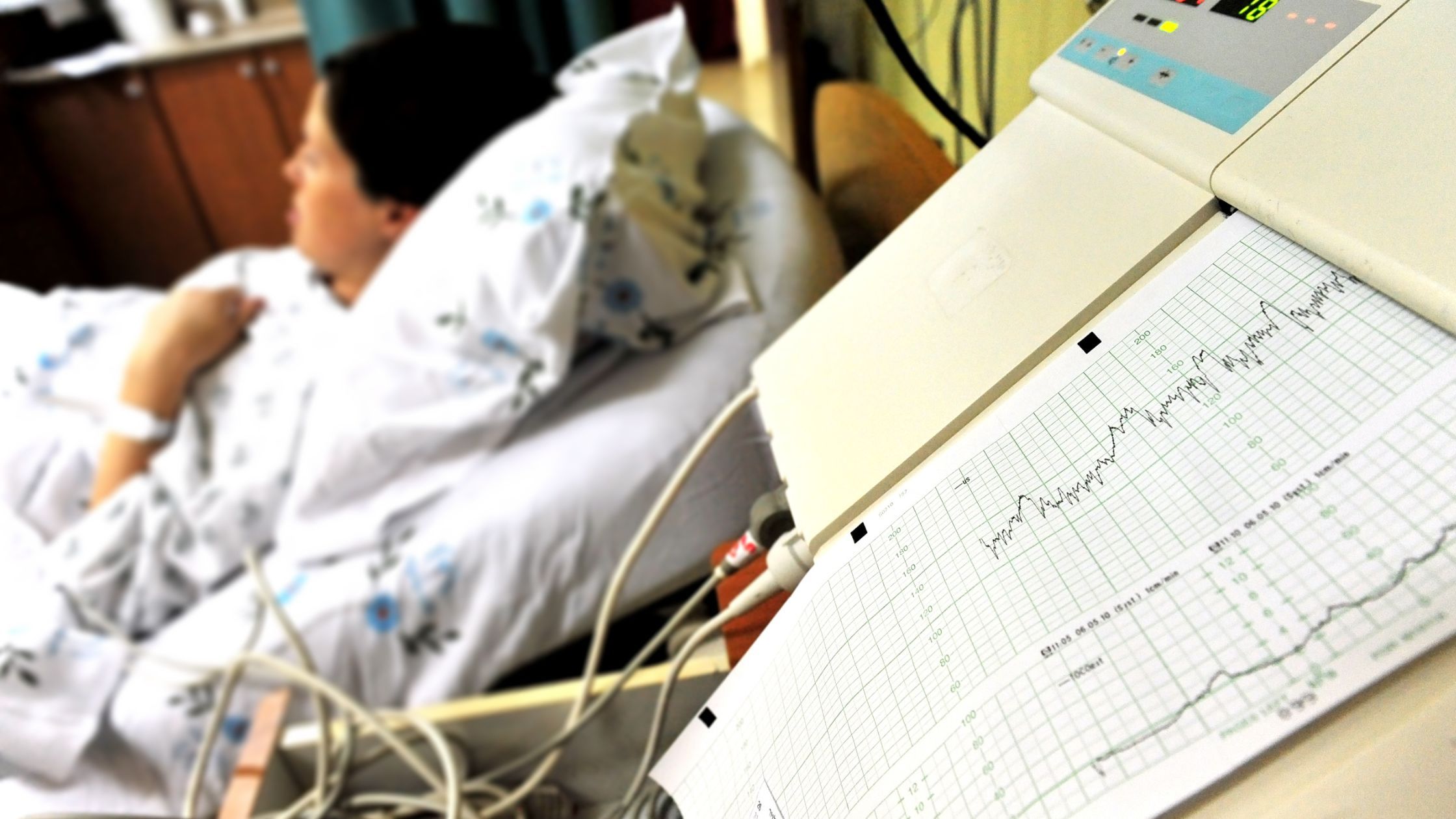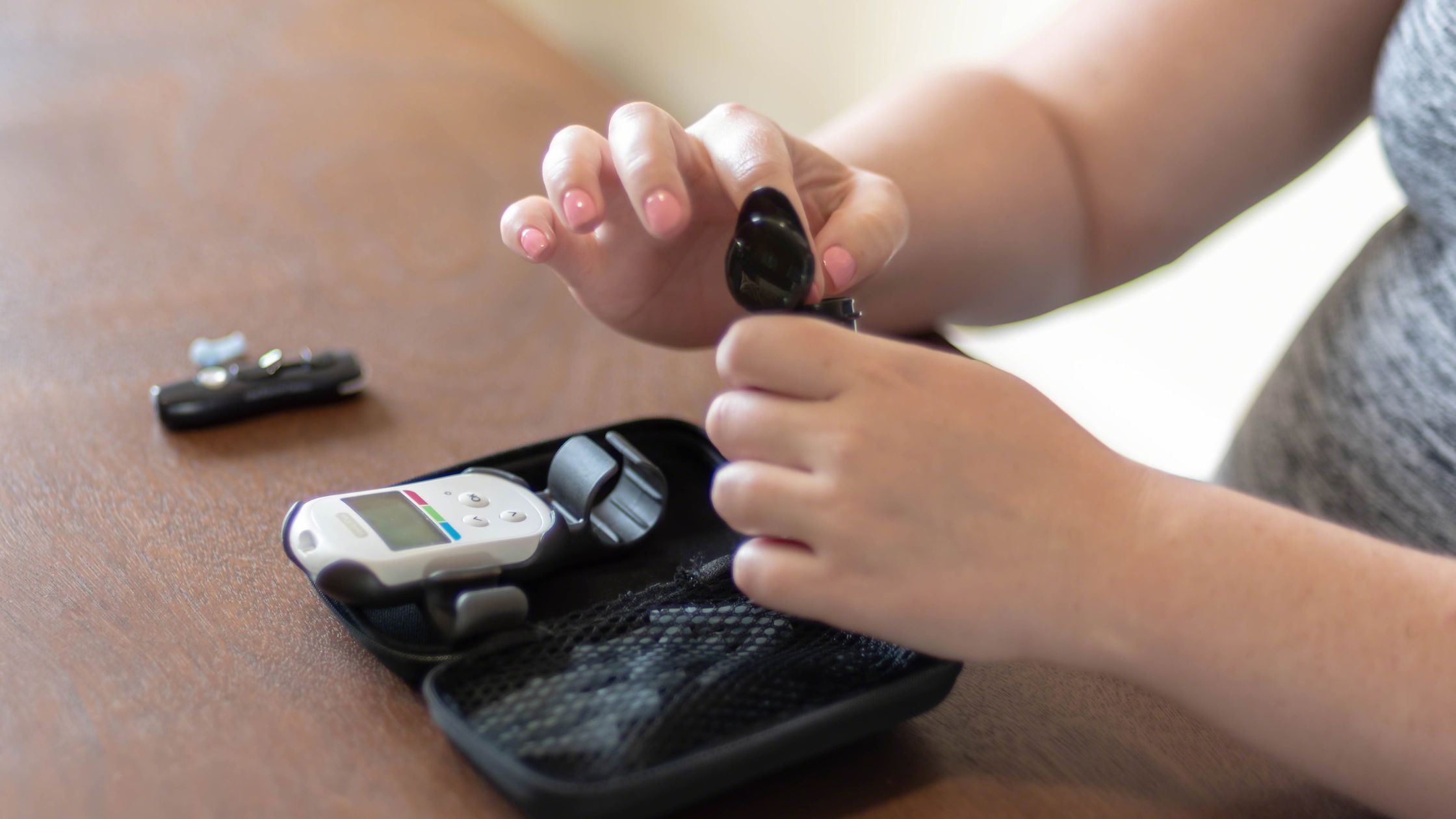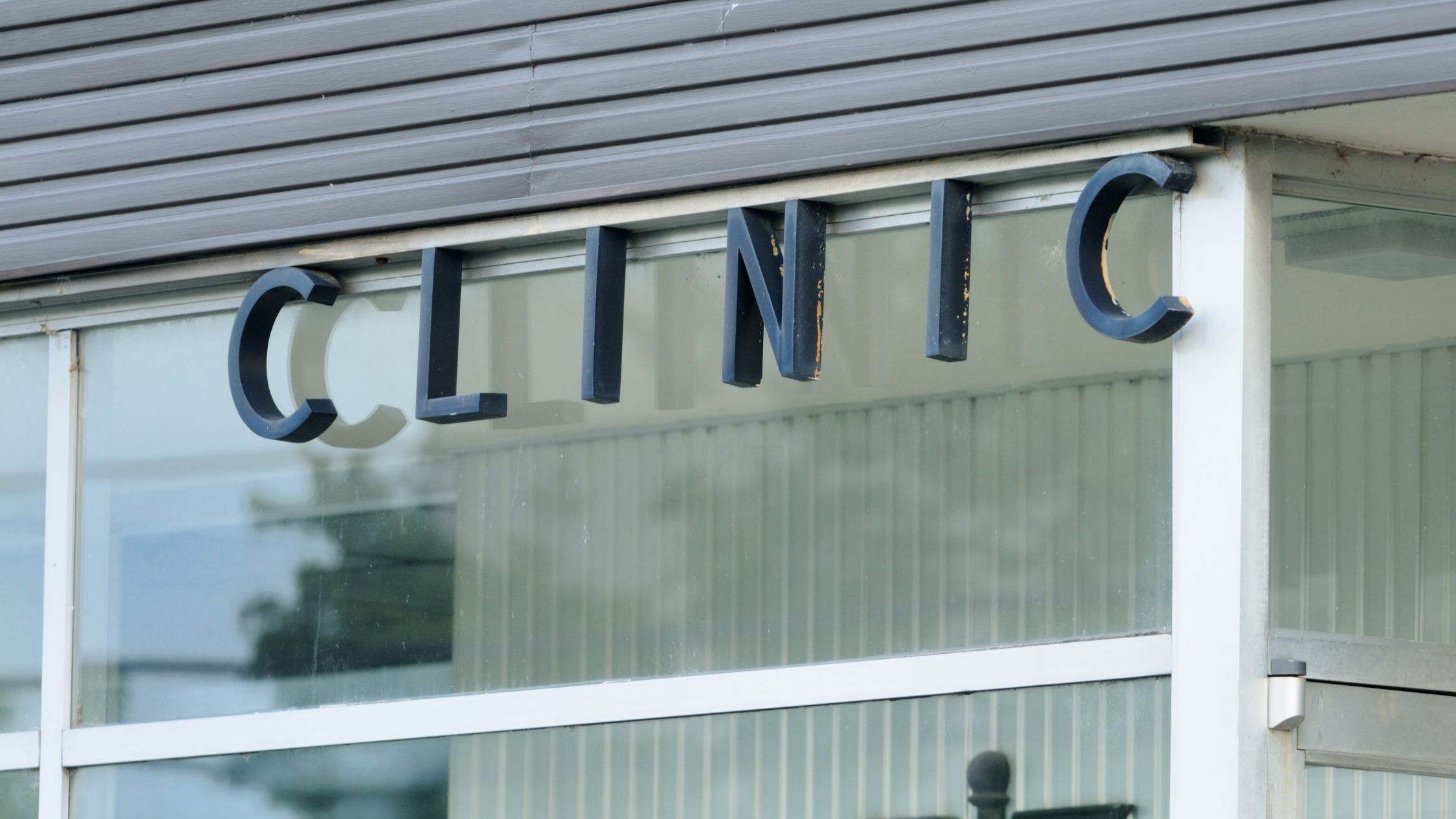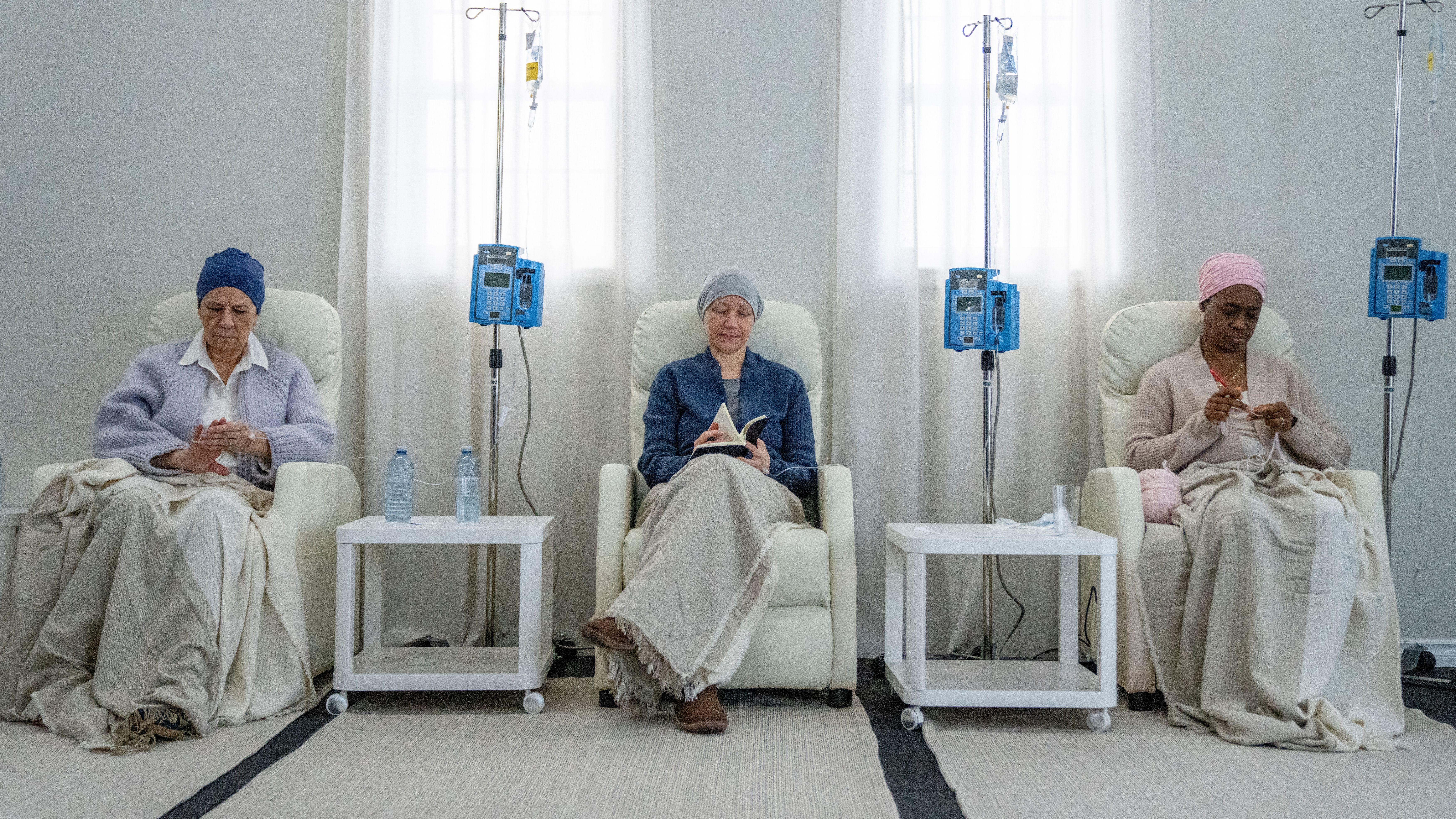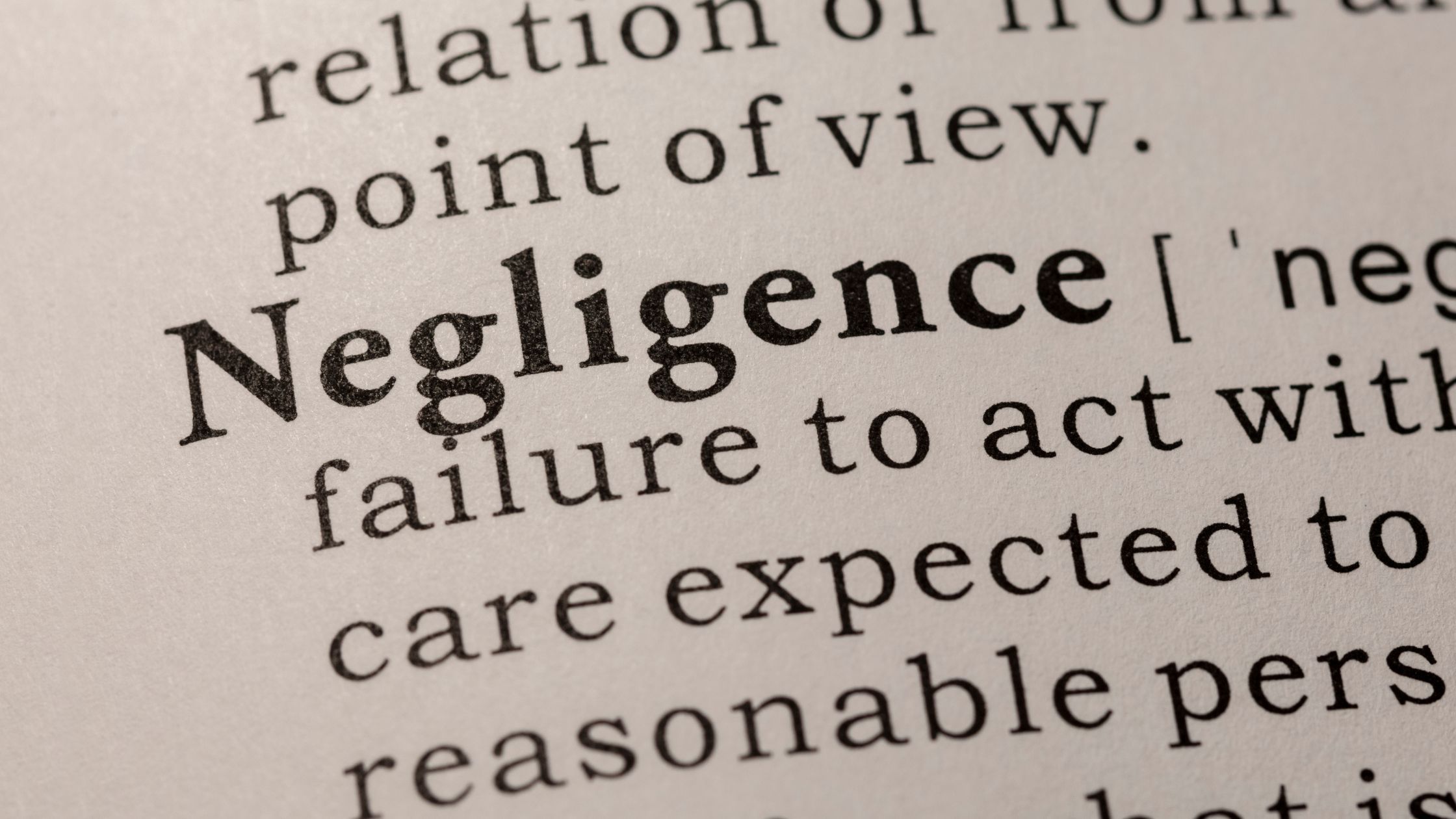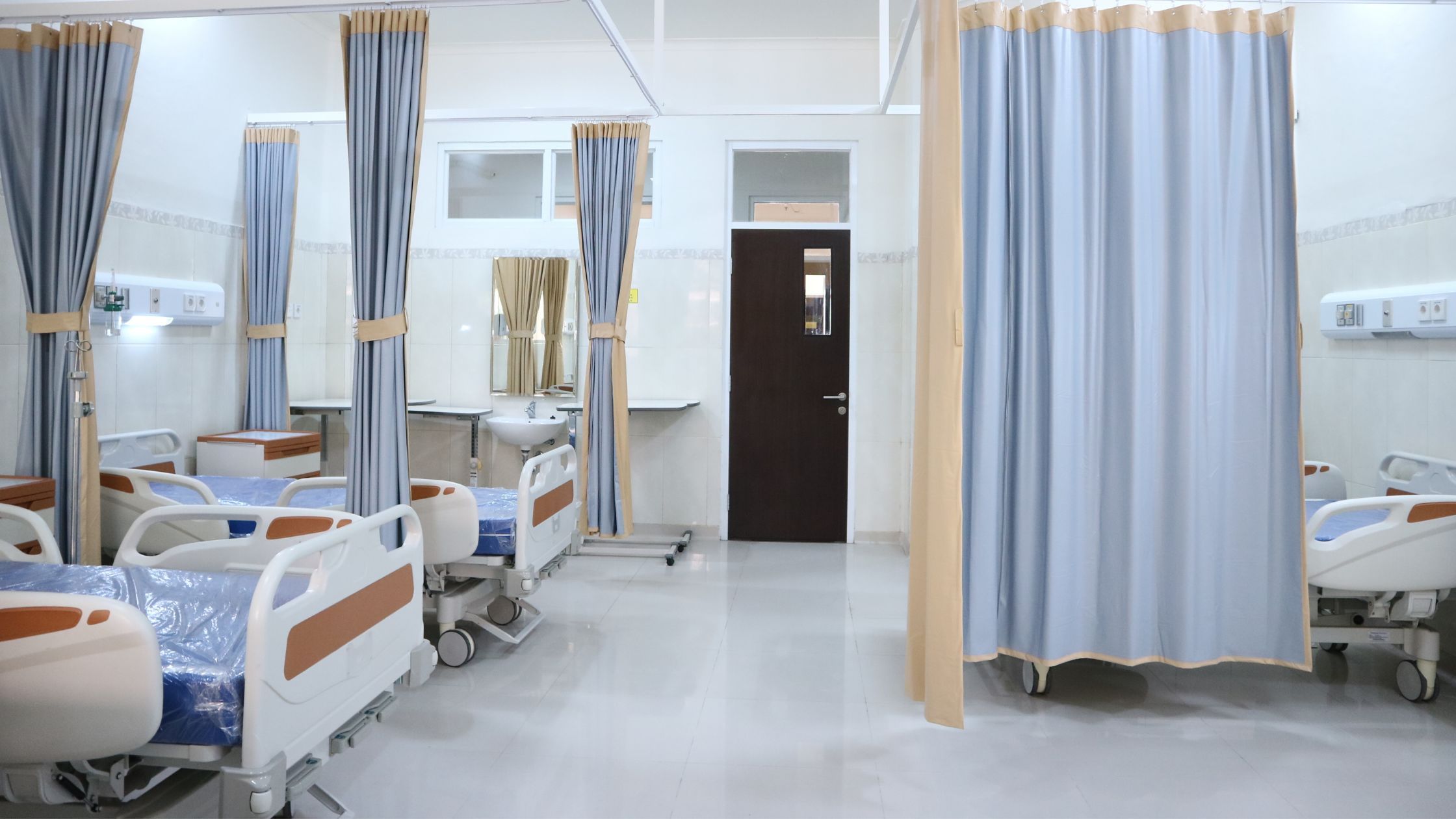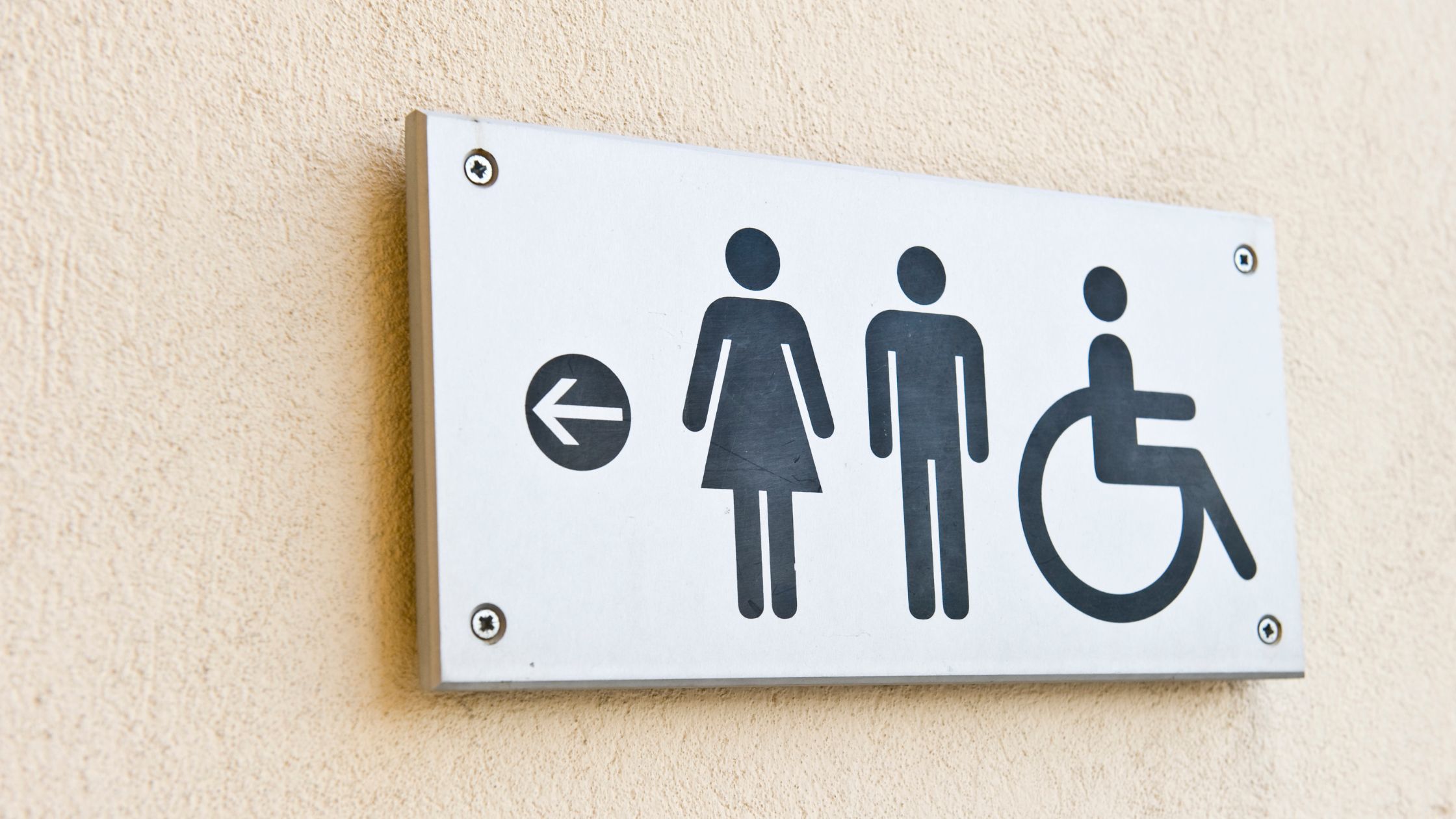In order for a claim of clinical negligence to be successful it must be established that the accused owed a duty of care, that duty was breach and as a result of the breach you suffered loss. Claims must be brought within 3 years of the date of knowledge that a breach had occurred, claims filed after the 3-year limitation period will be statute barred from bringing a claim, unless allowed by the court.
All medical professionals owe their patients a duty of care, which is expected from a reasonably competent clinician in that particular field. If that duty is breached and subsequently a patient suffers some form of loss as a result, then a claim can be brought.
The Clinical Negligence lawyers at Hennah Haywood Law have great expertise in dealing with this type of claim. Nathan J Hennah, Director and head of Clinical Negligence at the firm is also accomplished in dealing with inadequate medical materials used in implantation procedures. Previous Nathan has been influential in the crisis surrounding the PIP breast implants.
The nature of clinical negligence claims can often be personal and intimate. We find that our friendly approach allows us to get the most information from our clients in order to achieve a successful outcome, making the experience much less daunting. We can arrange appointments in your own home at a time convenient for you.
98% of our Clinical and Medical Negligence Claims are funded by a Conditional Fee Agreement, more commonly known as a No Win, No Fee agreement. This means there is no financial risk to you.
We will fight fearlessly to help you get the compensation you deserve and will keep you fully informed of everything that is happening throughout.
High Court rules:-
- A Health Board may be liable if their system is deficient.
- A patient's decision to leave a hospital prior to the conclusion of the (intended) investigation or treatment of him will not necessarily defeat or reduce his claim.
The above is what has been held by the High Court in McCauley v Karim and Croydon Health Services NHS Trust [2017] EWHC 1795. The case was initially bought to my attention by my learned friend, Nigel Poole QC. The consequences of the case, whilst no doubt shall be welcomed by Claimant lawyers alike, should be viewed as
My learned friend, Nigel Poole QC has recently discussed a case of great importance for clinical negligence. The consequences of the case should be welcome by Claimant lawyers alike.
Events giving rise to claim
The Claimant attended A&E and was attended upon by the triage nurse who requested blood tests. It was found these would not have included CRP which would have been important in respect of later management. Be that as it may, the Claimant was then attended upon by a Doctor who also ordered bloods including CRP. The Doctor’s order was not actioned. Had these bloods been obtained, they would have resulted in further investigation and treatment which would have prevented the Claimant’s later injuries. The Claimant arrived at A&E at 10:30am but left at 4:30pm. The Claimant was not contacted subsequent to leaving to be advised to return for bloods. The Claimant later suffered numerous amputations of toes, fingers and his left leg having suffered septic shock. The Court did not assign negligence to any specific person but rather held, if it weren’t for the negligent system, blood tests would have been carried out by 3:30pm, prior to the Claimant leaving. Thus, the Claimant would then have stayed for a further medical consultation to discuss results and further investigations.
The Court highlighted that the Claimant was an overweight diabetic and so accepted the Claimant may have thought his symptomology to be an ischiorectal abscess.
A sigh of relief
The finding in McCauley shall be welcomed by Claimant lawyers alike. This is the second case against the same Defendant involving, to an extent, similar facts but, the High Court held very different decisions. The first case being Darnley v Croydon Health Services NHS Trust [2017] EWCA Civ 151.
Darnley v Croydon Health Services NHS Trust [2017] EWCA Civ 151
In Darnley, the Claimant had suffered a head injury. On attending A&E, the Claimant was incorrectly informed by the receptionist that he would need to wait a number of hours prior to being seen by a medical professional. Rather, the Claimant would have been seen within 30 minutes. The Claimant left to return home after 19 minutes. The Claimant deteriorated and suffered permanent neurological injuries. The Court of Appeal held it had not been the receptionist’s duty of care to advise regarding waiting times but, did so out of politeness. Nonetheless, it was further held there was no causal connection between any alleged breach and the injury as the Claimant had made a free choice to leave the hospital.
Case strategies moving forward
The key differences in relation to the facts are clear, notably in McCauley the Claimant had been attended upon by a medical professional and, had been present in A&E for a number of hours whilst, in the case of Darnley, the Claimant had not been attended upon by any medical professionals and stayed just 19 minutes. Thus, the Claimant in Darnley did not encounter any employees, agents or require the use of the system save and except for the receptionist. McCauley enabled the Court to assess the actions of various employees and/or agents as well as the system.
There was concern that following Darnley, Defendants would seek to discharge their duty of care should a patient decide to leave A&E prior to the conclusion of investigations, for whatever reason. However, McCauley has provided reassurance in that the Court shall look at the bigger picture, so to speak. Whether contributory negligence may be argued is of course dependant on the facts. It must be remembered that in McCauley, the Claimant reasonably considered his symptomology to be associated with a completely different condition than what was ultimately the problem. What both cases have highlighted is that it is the health board’s responsibility to ensure their systems are reasonable. There may therefore, be merit in arguing failure to update systems, failure to address malfunctions, of course in the relevant scenarios. Some may argue such responsibility places additional financial burden on health board’s in ensuring their systems are up to date, modern and contain all the elements that achieve a reasonable state but in modern society and in view of how dependant all departments are on systems, this is a sensible obligation.








